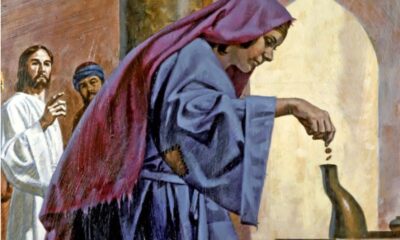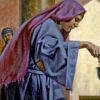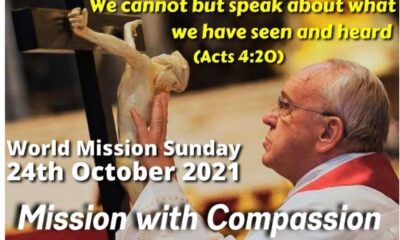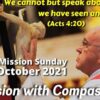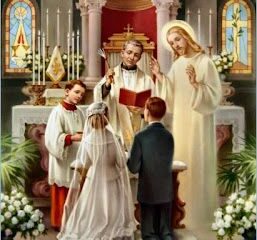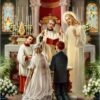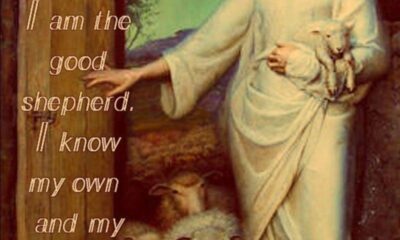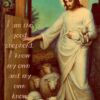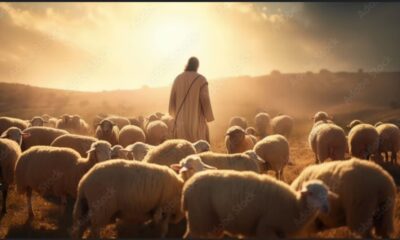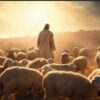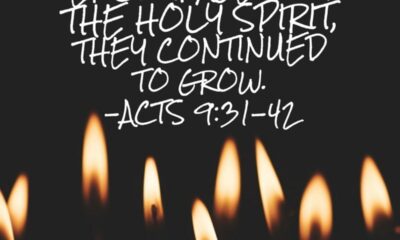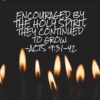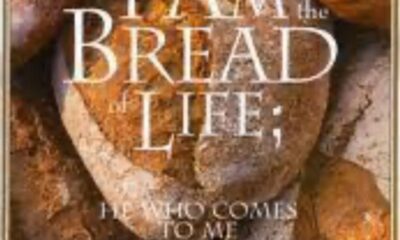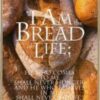Thirty Third Sunday in Ordinary Time (Year B)
Thirty Third Sunday in Ordinary Time (Year B)
Dan 12.1-13; Ps 15; Heb 10.11-14, 18; Mk 13.24-32
1. Some Biblical scholars get very excited about the passage we have just heard from the Gospel according to Saint Mark. They call it the “Marcan Apocalpyse” because the ideas and language relate to the end of the world as we know it and to the return in glory of the Son of Man. Some of the language and ideas echo what we find in the last book of the Bible, the Book of the Apocalypse: “the sun will be darkened, the moon will lose its brightness, the stars will come falling from heaven and the powers in the heavens will be shaken.”
2. This apocalyptic tradition goes back to the Book of Daniel in the Old Testament, and Our Lord was brought up with it. The Law, the first five books of our Old Testament, was the foundation of Jewish life. The Psalms played their part in worship. The historical books told of the Kings, David, Solomon, while the prophets set out the need for a change of life, repentance and justice. But in the background was the expectation that one day the world would end with cosmic signs and God’s kingdom would be firmly established. So it is not surprising to find Mark reporting to us that Jesus warned his disciples to be on the alert, looking for the signs that the world was coming to an end.
3. As the twentieth century came to its end, there were numerous predictions that the turn in the millennium would see the end of the world – hence the name “millenarianism”. The same was true in 999AD as it was in 1999AD. Most people thought about it at some point, perhaps with a hint of worry. This was very much the feeling in Our Lord’s own time, when the end of the world was expected within a generation. But He set little store by prediction: “as for that day or hour, nobody knows it, neither the angels of heaven, nor the Son; no-one but the Father.”
4. In both the Book of Daniel and the Book of the Apocalypse we meet the figure of Saint Michael the Archangel as a sign of the end-time. Our first reading at Mass began with these words: “At that time Michael will stand up, the great prince who mounts guard over your people.” He is Israel’s guardian and protector and one of the leaders of the heavenly host we sing about in the Sanctus at Mass: “Holy, holy, holy, Lord God of hosts.” In the Book of the Apocalypse Michael leads the heavenly battle and slays the dragon, Satan. In the early church Saint Michael became an intercessor, praying for the deliverance of souls from hell. Later images show him weighing souls at the end of time. Many holy sites were founded or churches dedicated in his appearance in visions.
5. So the figure of Saint Michael inspires both anxiety and courage. Anxiety because he is associated with the end of time and with judgement, which we naturally feel anxious about. But also courage, because he is a sign of the triumph of good over evil, of the saving power of God to raise just and righteous souls to heaven.
6. So, too, with the idea of Our Lord’s Second Coming. He speaks about this as a time of signs of doom and fear, yet it is also a time of liberation and salvation. The writer to the Hebrews in our second reading reminded us that salvation is already accomplished: “Christ has offered one single sacrifice for sins, and has taken his place for ever, at the right hand of God… by virtue of that one single offering he has achieved the perfection of all whom he is sanctifying.” The work is done. The gateway to eternal life has been opened for us. On the Cross He called out, “It is accomplished.” This is why Christianity has always seen us as living through the end times. God created the world. Christ redeemed it. Now we await the consummation.
7. In this eternal perspective, where to God a thousand years are but a day, the actual date and hour for the end of the world are pretty insignificant! So whether we see it in our generation, or whether there are another two millennia of Christian history does not affect the fact that “it is accomplished.” What is quite certain is that our earthly life will end, and with it, the opportunity to choose for God, to serve in His army, to sign up on the side of the heavenly host. So the need to decide and act is as urgent as if the world were to end tomorrow.
8. The doctrine of Purgatory is much misunderstood by non-Catholics. To some Protestants the whole idea is unacceptable, but to many good-hearted Christians, it seems attractive. They make the mistake of seeing it as a place where souls are “free to choose”. The idea is that if you reject or ignore God in this life, you will get another chance after death. This nice, comforting, liberal construction of the human mind is absolutely wrong! Catholic doctrine, based on Scripture, is clear that we are judged when we die. The record of our earthly life is weighed and at that point our future is sealed. Heaven or Hell. Purgatory is a place of preparation for Heaven for those souls destined for eternal life, but with punishment for sin still to be undergone – a place of purification and cleansing. No decisions can be made there.
9. Whether or not the world will end in our lifetime, we need to be ready to meet our judge. The Mass helps us to develop this sense of urgency. After we have prayed for the coming of God’s Kingdom in the Our Father, the priest continues with this prayer: Deliver us, Lord, from every evil, and grant us peace in our day. In your mercy keep us free from sin and protect us from all anxiety as we wait in joyful hope for the coming of our Saviour, Jesus Christ. Almost without our noticing, at every Mass this prayer signifies our recognition of the battle against evil that we have to wage, supported by Saint Michael and his angels. It asks that we be kept free from sin, presupposing that we are in a state of grace. It asks God to protect us from unnecessary anxiety for the future, encouraging dependence and trust in Him. And the phrase “as we wait in joyful hope” sets out the ideal Catholic attitude to our own death, or to the end of the world if that should come first!
10. How are these attitudes and this state of grace to be achieved? How are we to maintain our readiness in practical terms? By Confession, by attendance at Mass, by prayer, by reading Scripture, by asking the prayers of Our Lady, Saint Michael and all the saints, by works of charity.
11. May all these traditional, and very necessary, Catholic activities find a renewed and invigorated place in our lives, as we wait in joyful hope for the coming of our Saviour, Jesus Christ.
Osho




